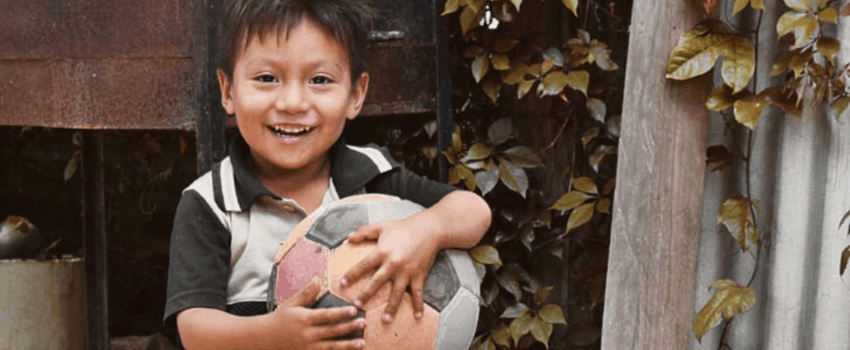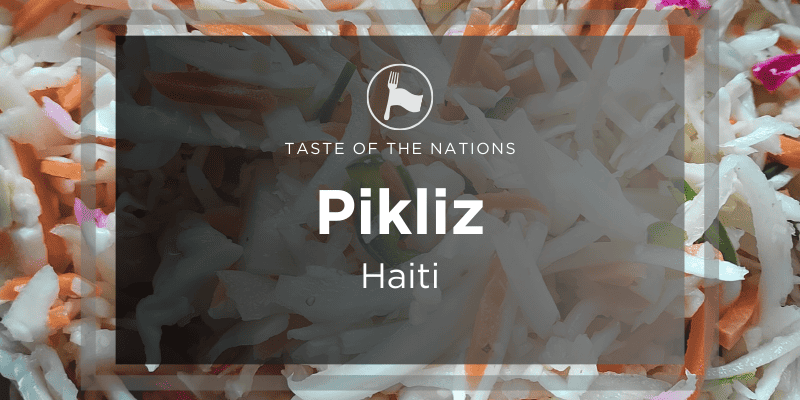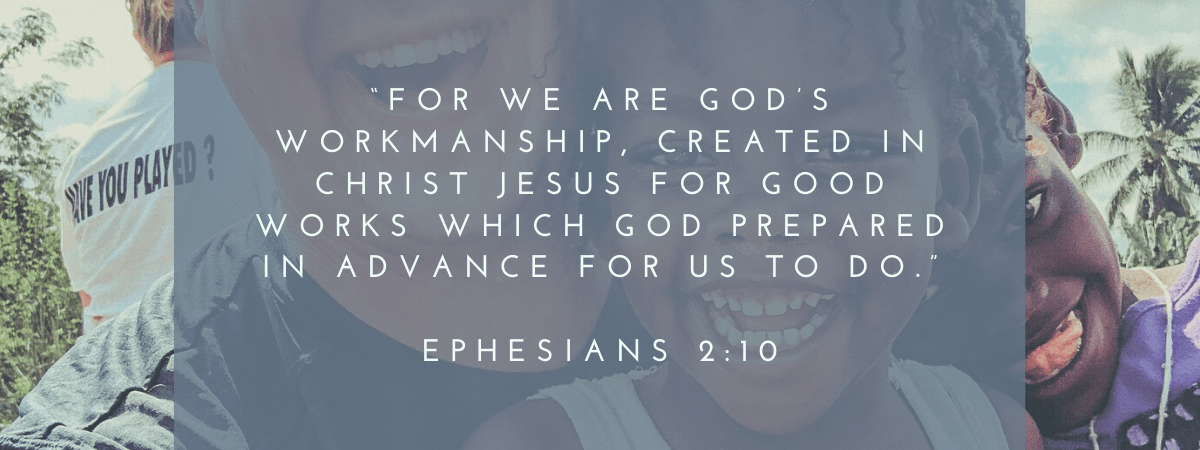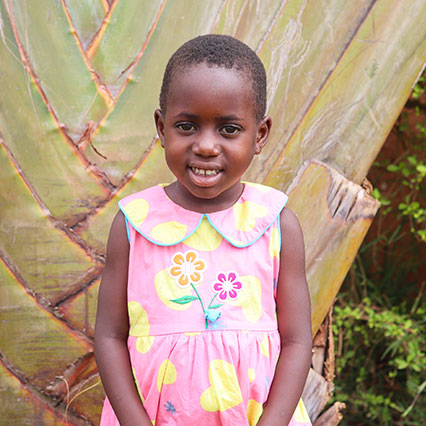Living from overflow is not a theological prosperity concept like “name it and claim it” or “blab it and grab it”; it’s a perspective shift in regard to wealth. The attitude behind this mindset is, “since I am overflowing with what I need, who can I bless today?”
In 2 Corinthians 8:1-5, Paul talked about the Macedonian church and their perspective on giving, even under extreme hardship, “For I testify that they gave as much as they were able, and even beyond their ability. Entirely on their own, they urgently pleaded with us for the privilege of sharing in this service to the Lord’s people.” For them, the equation was severe trial + extreme poverty = rich generosity. This idea stands in direct opposition to what our culture portrays as generosity: the rich giving of their plenty.
As of April 2018, data from the Federal Reserve’s Survey of Consumer Finances reported that the average American household carries an average of $134,000 in debt including vehicle loans, tuition loans, mortgage loans, credit cards, and miscellaneous personal debt. While debt isn’t desirable (“The rich rules over the poor, And the borrower becomes the lender’s slave.” Prov. 22:7), living with some of it is, unfortunately, a reality for most of us. However, it doesn’t have to dictate our giving. We don’t have to have a certain amount in the bank or be out of debt before we can be generous. We may not be able to radically change our financial situation but we can change how we view it.
Think of it in terms of two popular games, Monopoly versus Uno. Monopoly is about how much wealth you can amass, while Uno is about how quickly you can get rid of what you have. We live as if the goal is to leave this life having the most stuff possible, but what if we could leave it with a bunch of people being blessed by the way we lived? We believe that the less we have the more we need to keep, but God wants us to be free to give it away and let Him provide even more.
So, like the believers in Macedonia, how do we live beyond our ability? We can start by asking God what He wants us to give, obey what He says, and trust Him to meet our needs. Love was Jesus’ motivation to give all of Himself, and it should be ours. A quote by Lewis B. Smedes puts it well, “Love drives us beyond the limits of our resources even if it cannot undo those limits.” Who do we love enough to exceed our limits for? Do we plead for the privilege of sharing what we have with others or do we see it as a burden or an obligation?
In Living From Overflow, part 1 of this series, we saw the statistical evidence supporting that those who are poorer, give over 65% more than those who are wealthier. One reason for this may be that the less we have the more sympathetic we are to the needs of others, and therefore, more likely to be charitable. Does it follow, then, that God might ordain for us to have less in order to develop more of a giving heart?
Generosity can’t be an afterthought; we need to make it intentional. If Jesus was to invite Himself to our house for dinner, we wouldn’t just serve Him leftovers or whatever happened to be in the pantry, we would go out of our way and spare no expense to make Him the best meal ever! We look most like Jesus when we sacrifice for others – we imitate Him, and that makes the difference; when others see us live out our faith they will wonder about our Jesus.
If we could look into the future and witness the spiritual impact of our generosity, we would probably be blown away. Although we can’t see the eternal effects of our generosity today, we can be assured that God will do amazing things with our gifts. Right now, God desires for us to see the opportunities we have to gives as a privilege; that we would plead to share in benefiting others, knowing that He is allowing us to partner with Him to change lives and bring Himself glory.
“You will be enriched in every way so that you can be generous on every occasion, and through us your generosity will result in thanksgiving to God” – 2 Cor. 9:11.
Look for our next blog soon on: Crazy Generosity.
Read Cultivating Generosity Part 1: Living From Overflow
Read Cultivating Generosity Part 2: Financially Free
Read Cultivating Generosity Part 4: Crazy Generosity








